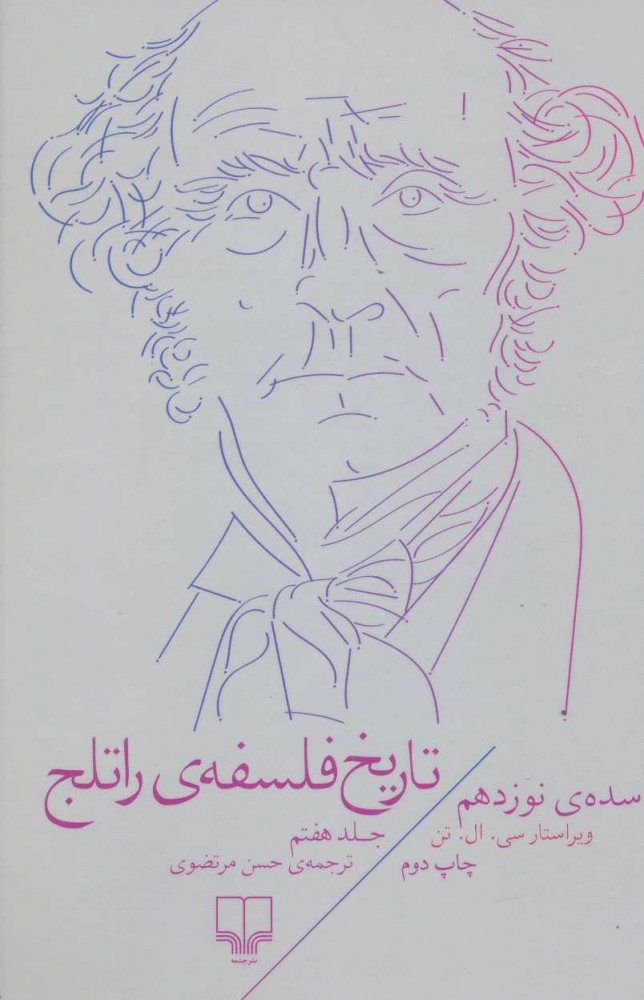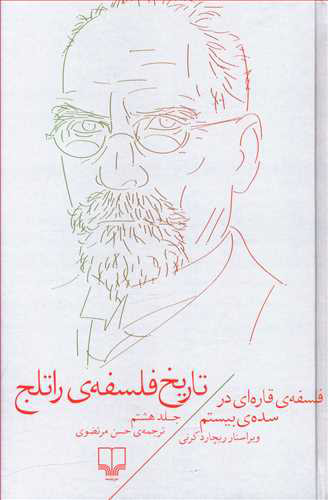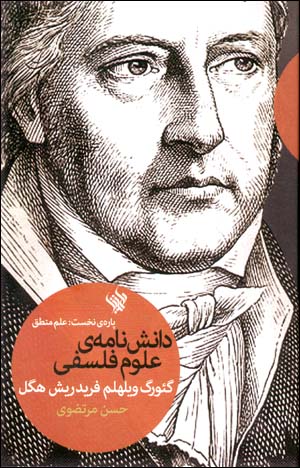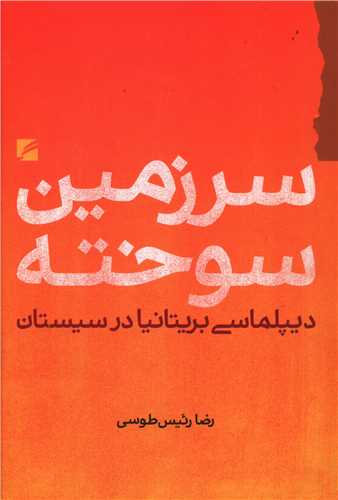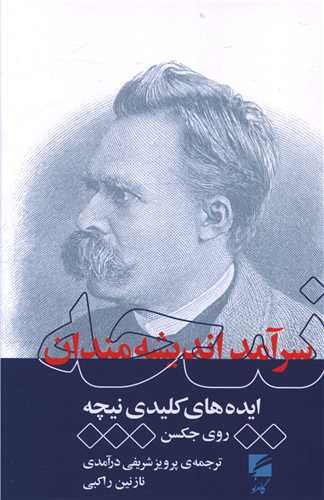Mārks va Khudkushī: Persiska (Farsi) 1399
مارکس و خودکشی
17,53 €
Dela
Wishlist
ISBN:
9789647387453
Översättare:
Ḥassan Murtaz̤avī
Förlag:
Gam-i Naw
Åldersgrupp:
Vuxen
Sidor:
103
Vikt:
140 g
Produktmått:
14 x 21 x 1
,
2 cm
Bokomslag:
Kartongbok
In 1846, two years before the publication of the Communist Manifesto and twenty-one years before the publication of Capital, Karl Marx published an essay titled "The Pocket on Suicide." Based on the writings of Jacques Pochet, a prominent French economist and statistician whose memoirs included discussions of suicides in Paris, Marx's essay is not a simple translation of Pochet, but an essay that reflects his own strong positions on the issues raised in the book.
Karl Marx (1818-1883) was a German philosopher, political economist, historian, political theorist, sociologist, communist and revolutionary whose ideas played an important role in the development of modern communism. Marx summed up his approach in the first line of a chapter of the Communist Manifesto published in 1848: "The history of all societies that have ever existed is the history of class struggle." Marx argued that capitalism, like previous socio-economic systems, inevitably creates internal tensions that lead to its destruction. As capitalism replaced feudalism, he believed that socialism would in turn replace capitalism and lead to a stateless and classless society called pure communism. It emerged after a transitional period called the "dictatorship of the proletariat": a period sometimes referred to as a "workers' state" or "workers' democracy". In the first part of the Communist Manifesto, Marx describes feudalism, capitalism and the role that internal social contradictions play in the historical process: So we see: the means of production and exchange, on which the bourgeoisie founded itself, in feudalism Created. At a certain stage of the development of these means of production and exchange, the conditions under which feudal society produced and exchanged... feudal property relations were no longer compatible with the developed productive forces. They became a lot of stuff. They had to be separated. They fell apart. Free competition, along with the social and political constitution that was incorporated into it, and the economic and political dominance of the bourgeois class stepped in their place. A similar movement is going on before our eyes...
more
در سال 1846، دو سال قبل از انتشار مانیفست کمونیست و بیست و یک سال قبل از انتشار کتاب سرمایه، کارل مارکس مقالهای با عنوان «پوشت در مورد خودکشی» منتشر کرد. بر اساس نوشتههای ژاک پوشه، اقتصاددان و آماردان برجسته فرانسوی که خاطراتش شامل بحثهایی درباره خودکشیها در پاریس میشد، مقاله مارکس ترجمه سادهای از پوشه نیست، بلکه مقالهای است که مواضع قوی خود را در مورد موضوعات مطرح شده در این کتاب منعکس میکند.
کارل مارکس (۱۸۱۸-۱۸۸۳) فیلسوف، اقتصاددان سیاسی، مورخ، نظریهپرداز سیاسی، جامعهشناس، کمونیست و انقلابی آلمانی بود که ایدههای او نقش مهمی در توسعه کمونیسم مدرن داشت. مارکس رویکرد خود را در سطر اول فصل یک مانیفست کمونیست که در سال 1848 منتشر شد، خلاصه کرد: «تاریخ همه جوامعی که تاکنون وجود داشته، تاریخ مبارزات طبقاتی است». مارکس استدلال میکرد که سرمایهداری، مانند نظامهای اجتماعی-اقتصادی قبلی، ناگزیر تنشهای داخلی ایجاد میکند که منجر به نابودی آن میشود. همانطور که سرمایه داری جایگزین فئودالیسم شد، او معتقد بود که سوسیالیسم نیز به نوبه خود جایگزین سرمایه داری می شود و به جامعه ای بی دولت و بی طبقه به نام کمونیسم خالص منجر می شود. این پس از یک دوره انتقالی به نام "دیکتاتوری پرولتاریا" پدیدار شد: دوره ای که گاهی اوقات به عنوان "دولت کارگری" یا "دموکراسی کارگری" از آن یاد می شود. در بخش اول مانیفست کمونیست، مارکس فئودالیسم، سرمایه داری و نقشی را که تضادهای اجتماعی داخلی در روند تاریخی ایفا می کند، توصیف می کند: پس می بینیم: وسایل تولید و مبادله، که بورژوازی خود را بر اساس آن بنا نهاد، در فئودالی ایجاد شد. در مرحله معینی از توسعه این وسایل تولید و مبادله، شرایطی که در آن جامعه فئودالی تولید و مبادله میکرد... روابط فئودالی مالکیت دیگر با نیروهای تولیدی توسعهیافته سازگار نبود. آنها به بند زیادی تبدیل شدند. آنها باید از هم جدا می شدند. آنها متلاشی شدند. رقابت آزاد، همراه با قانون اساسی اجتماعی و سیاسی که در آن تطبیق داده شده بود، و سیطره اقتصادی و سیاسی طبقه بورژوا به جای آنها پا گذاشت. جنبش مشابهی در برابر چشمان ما در جریان است...
more



